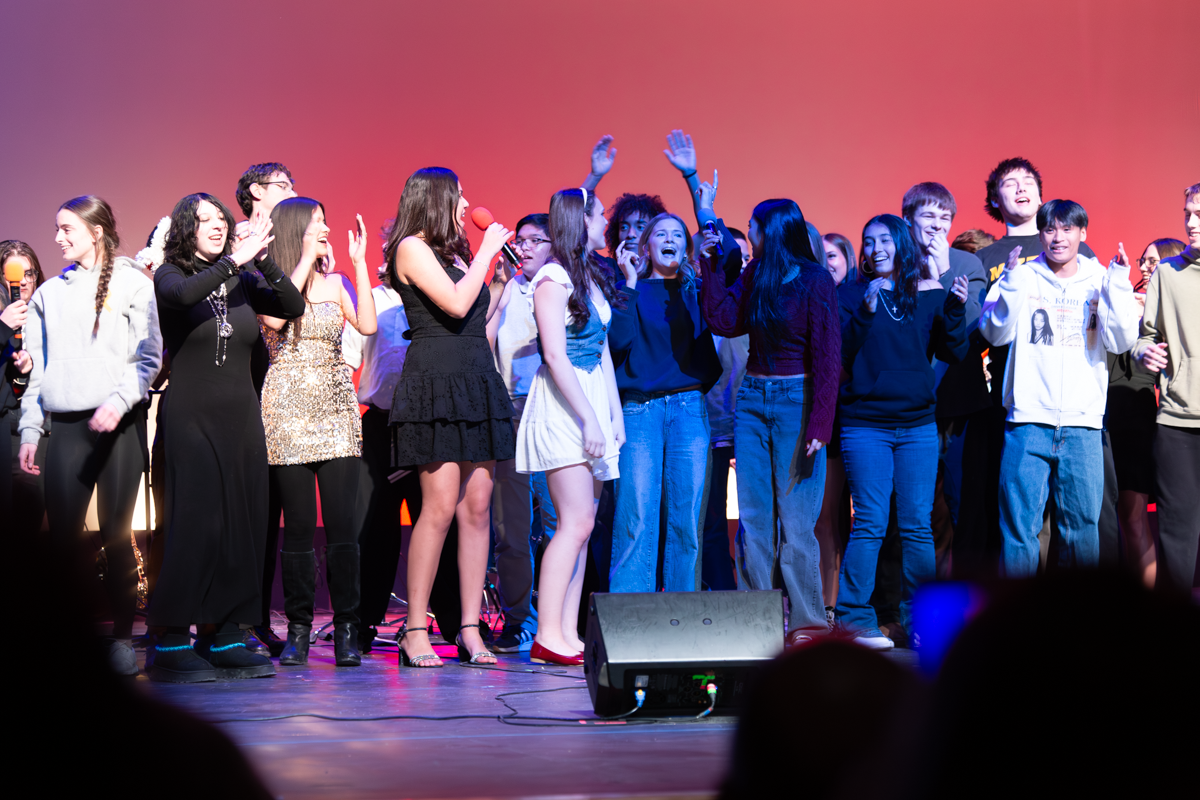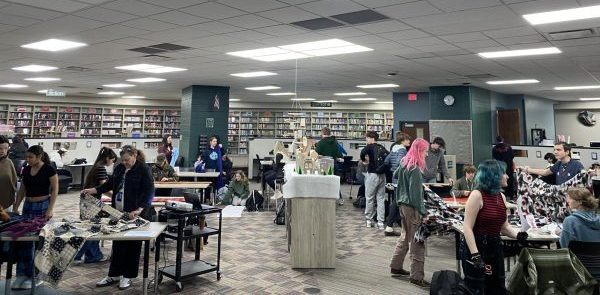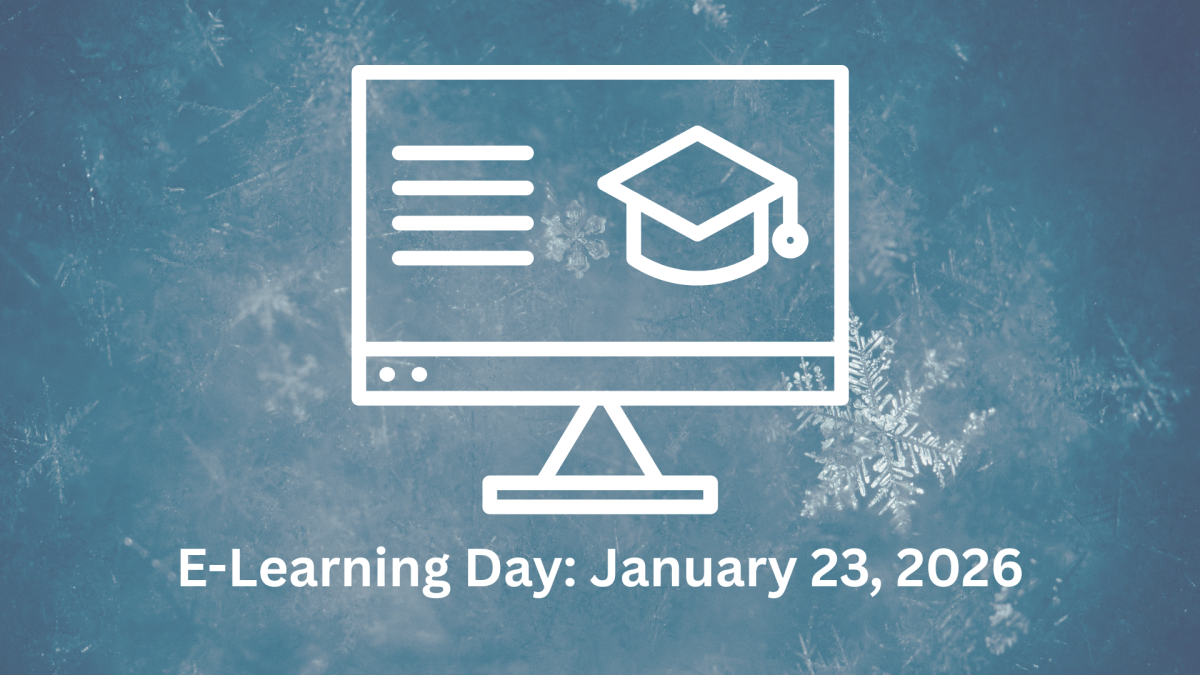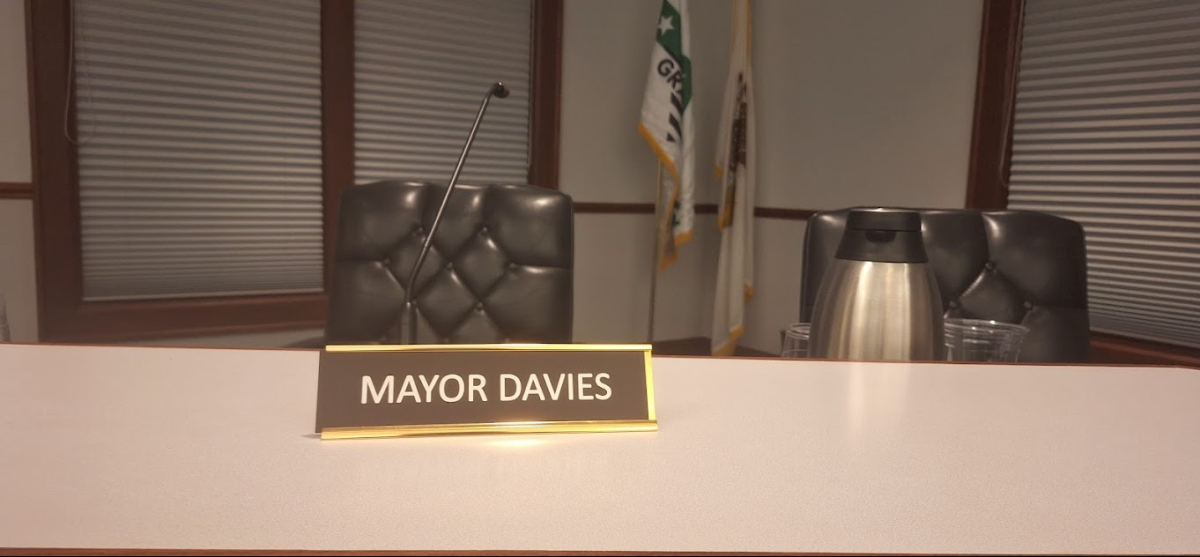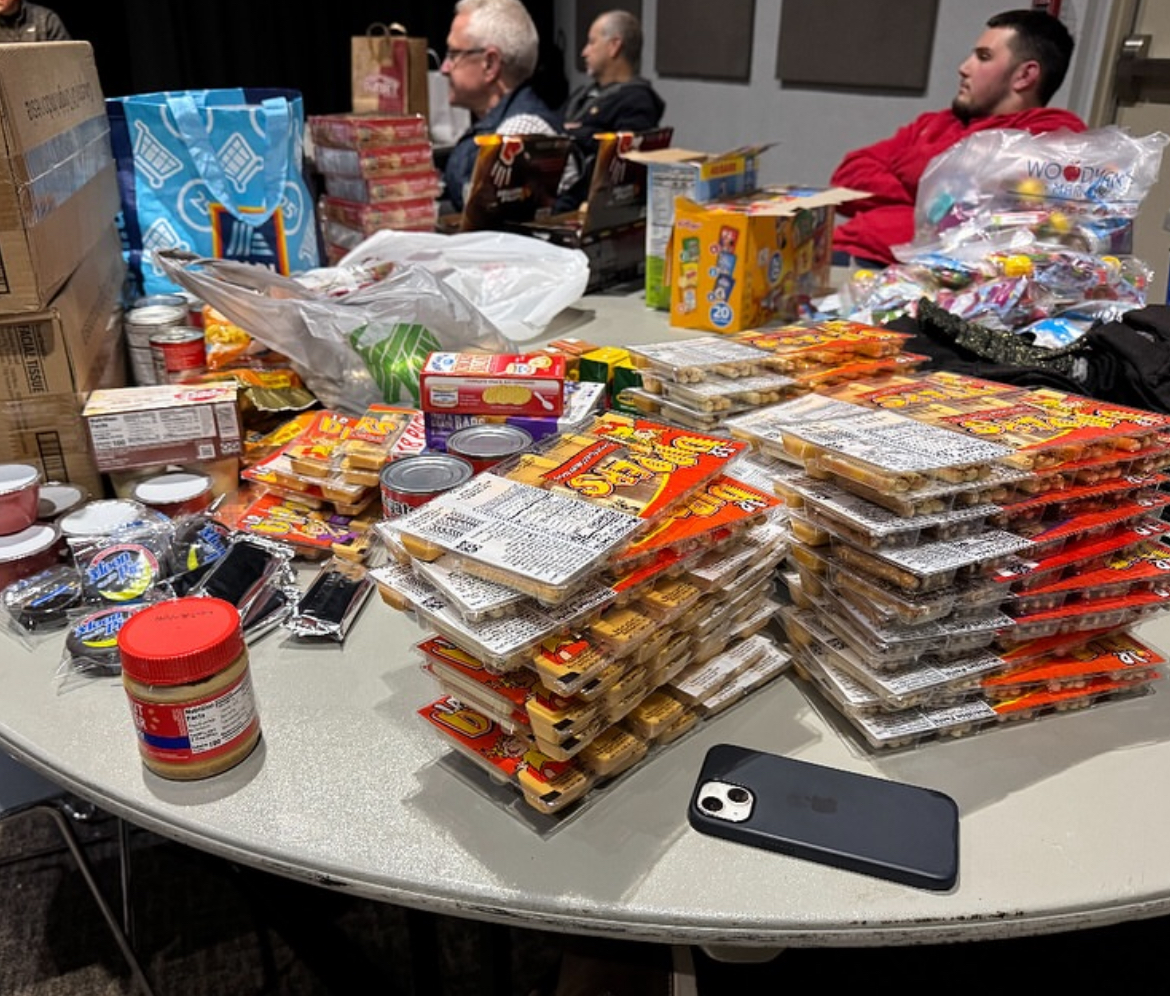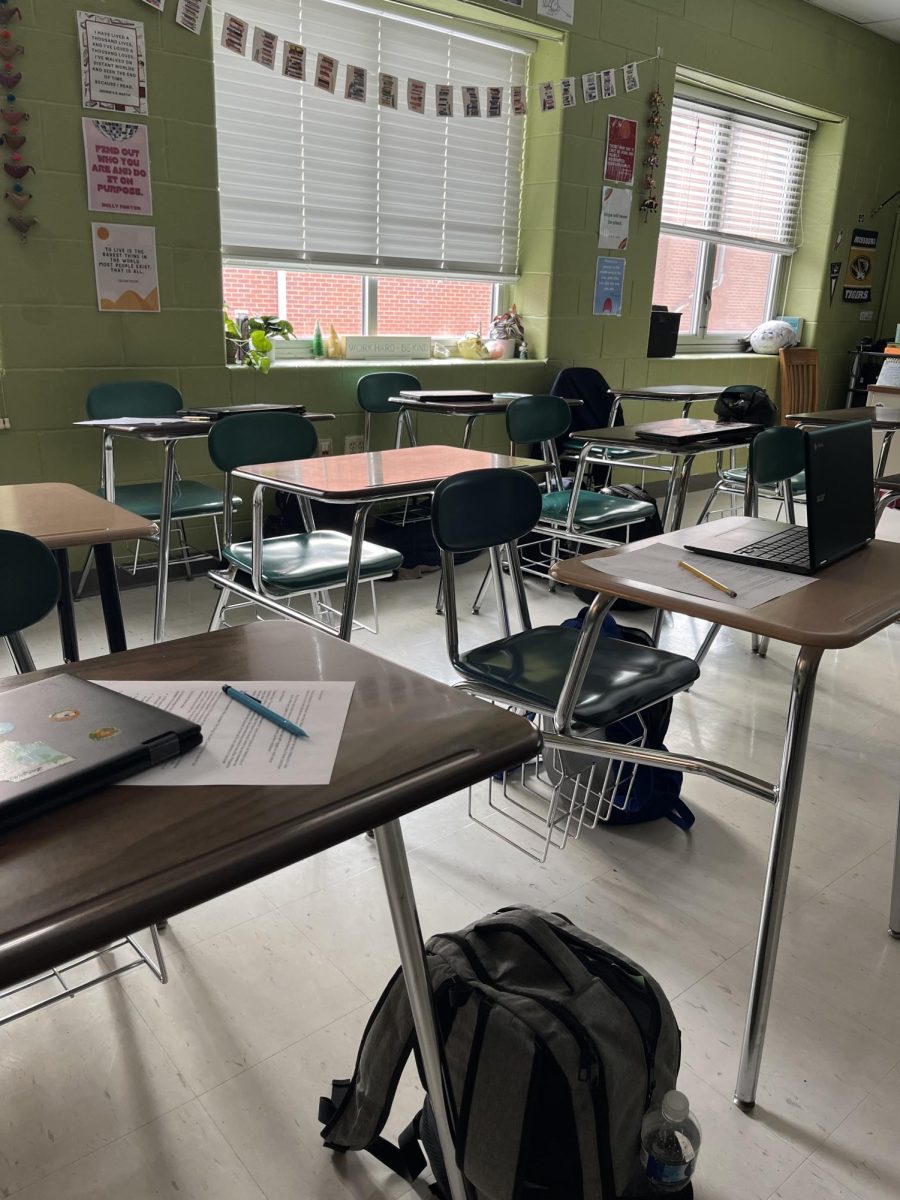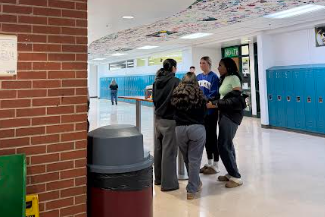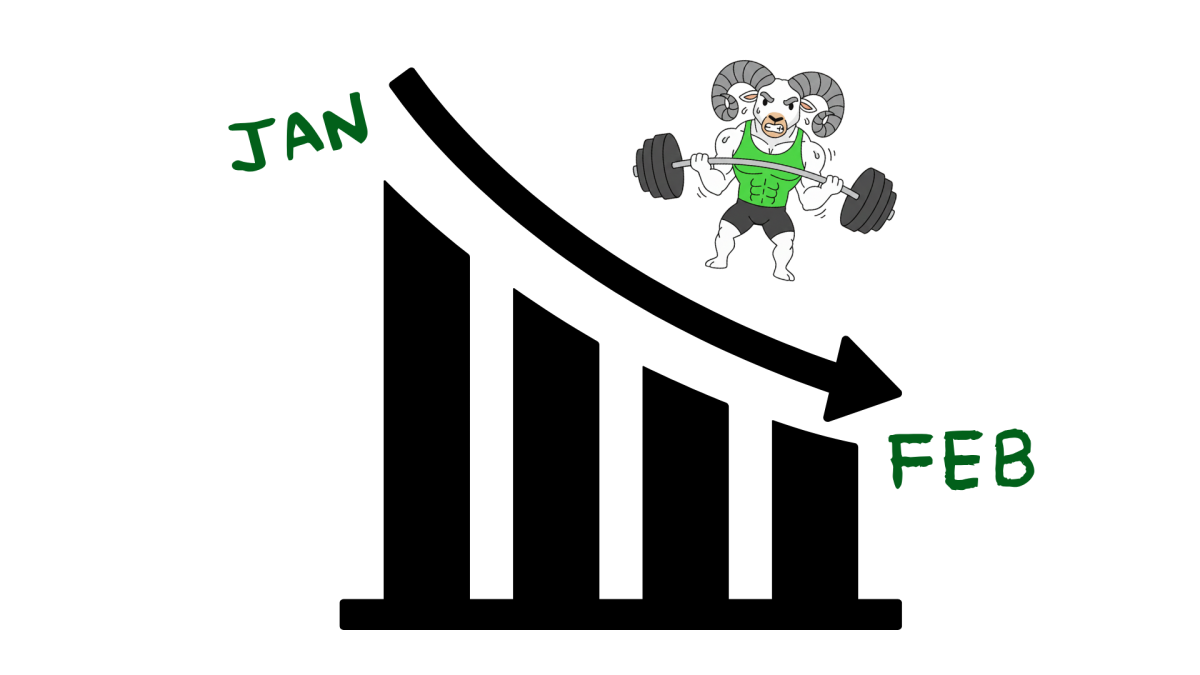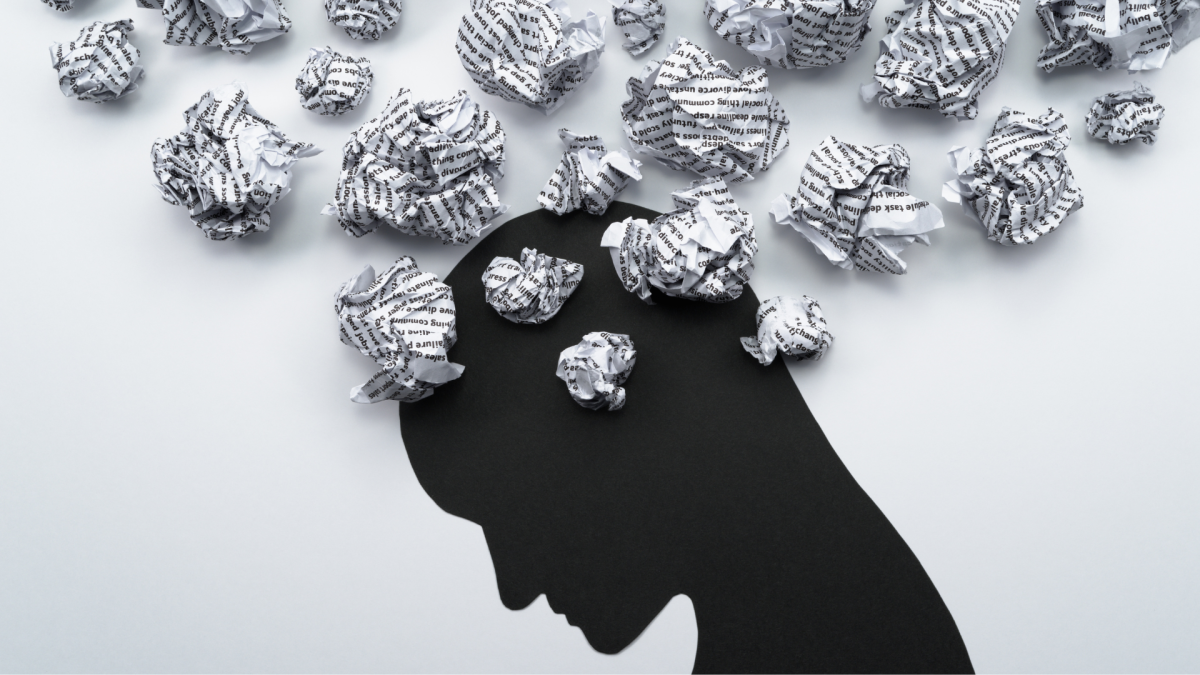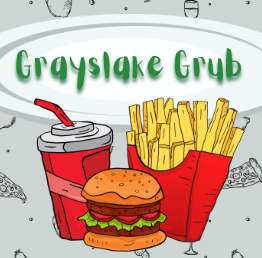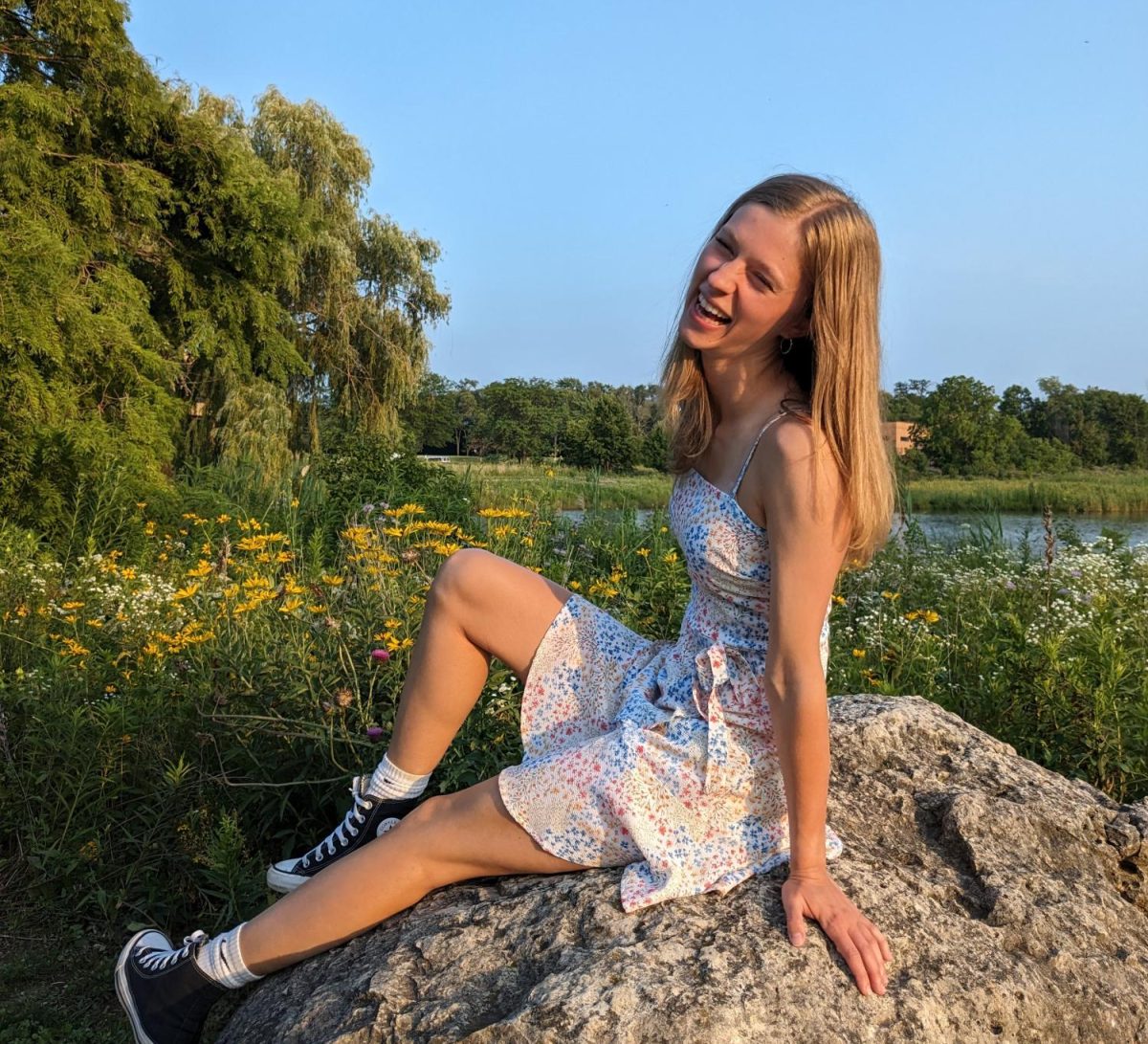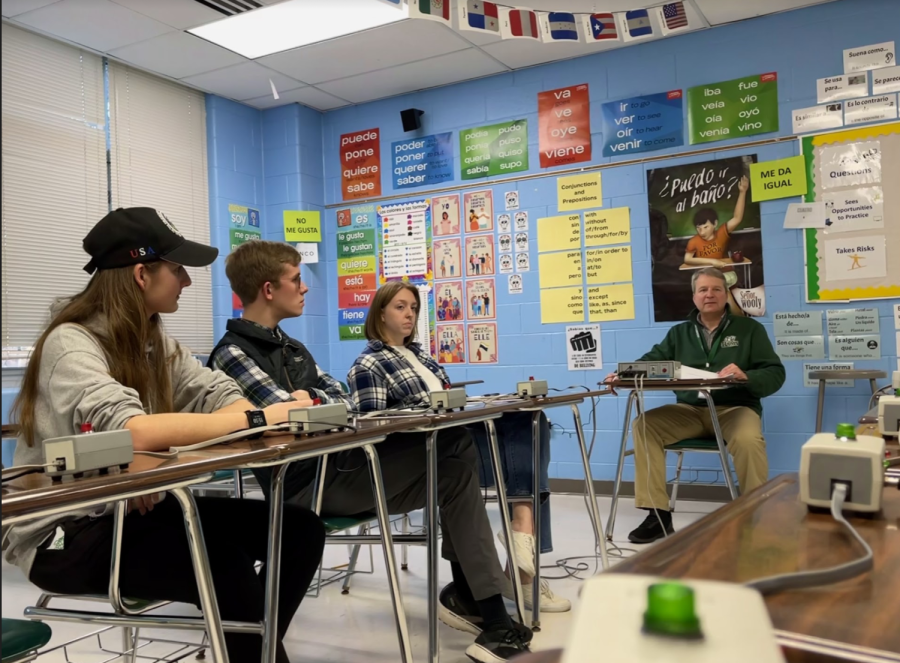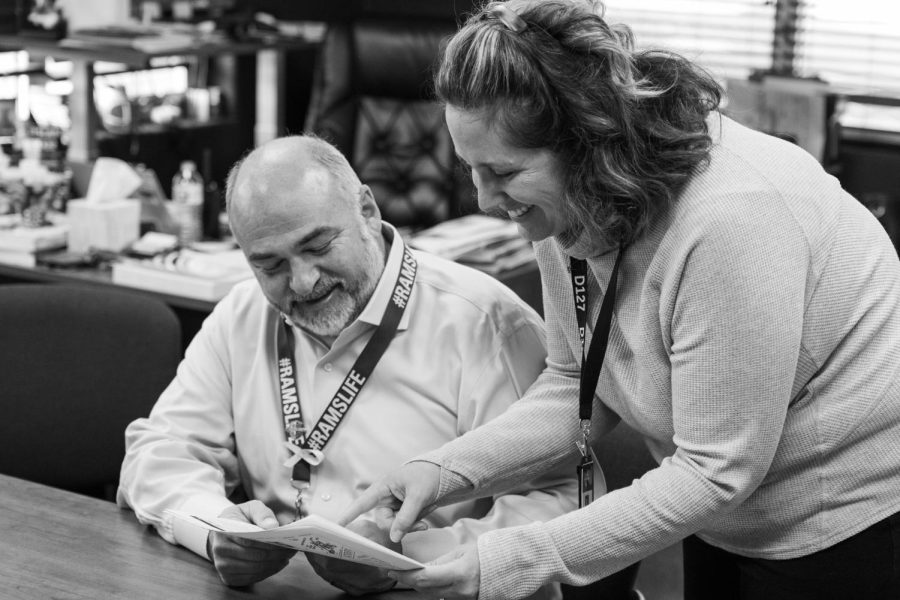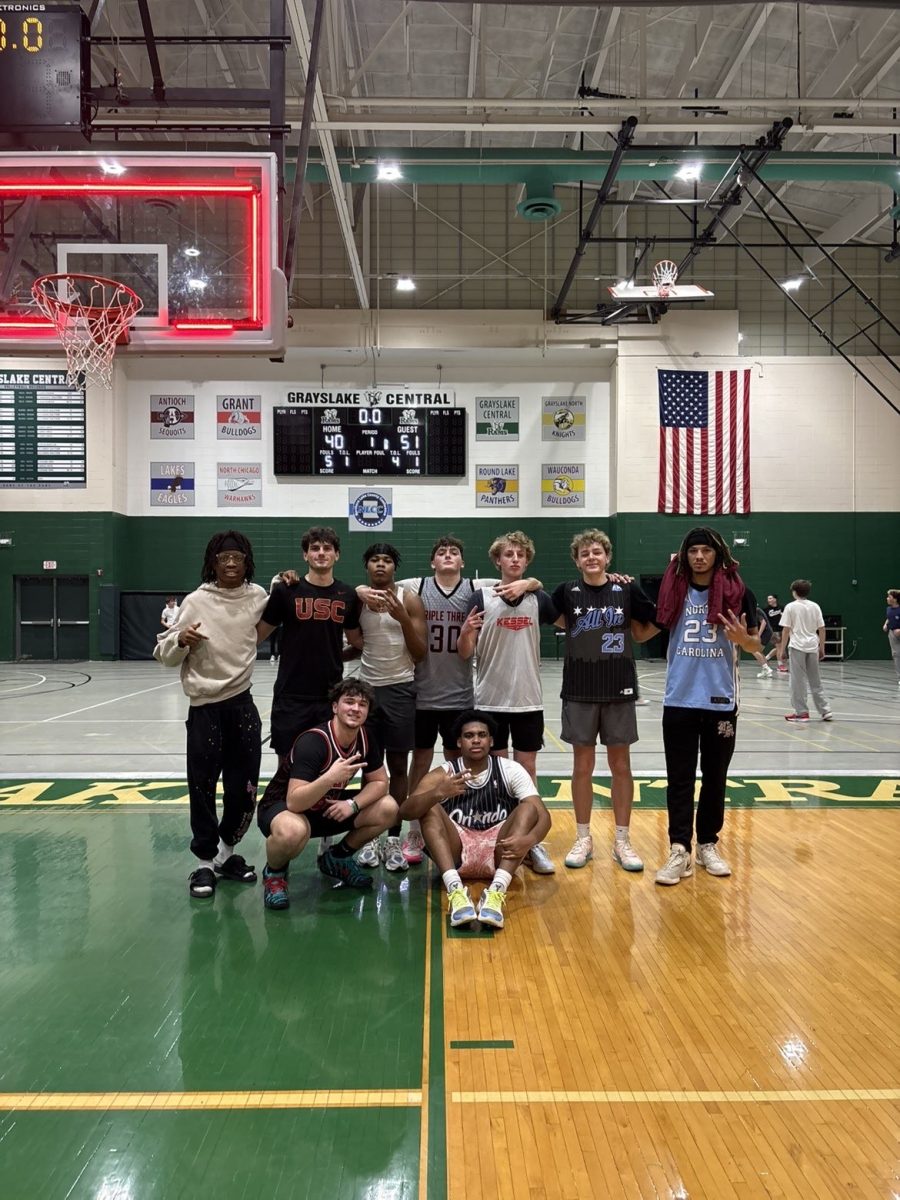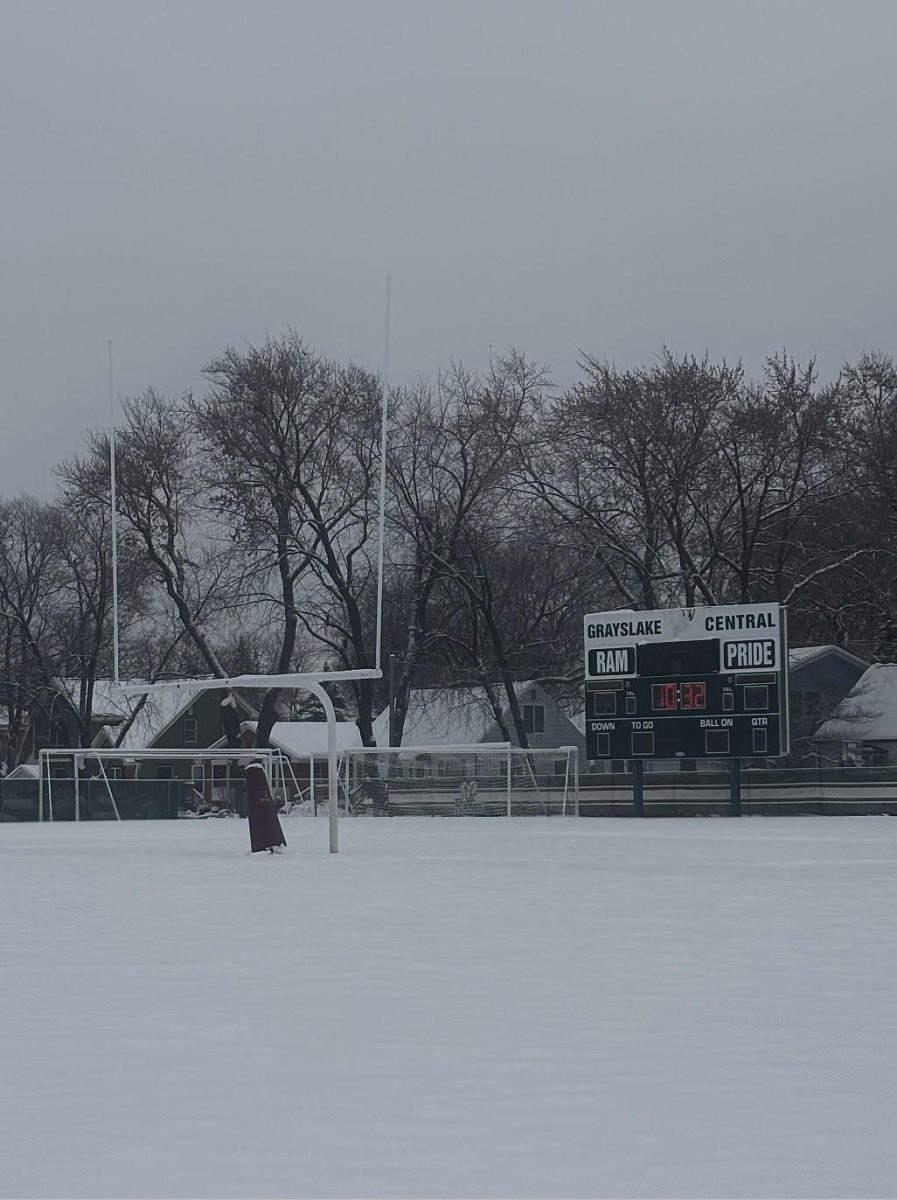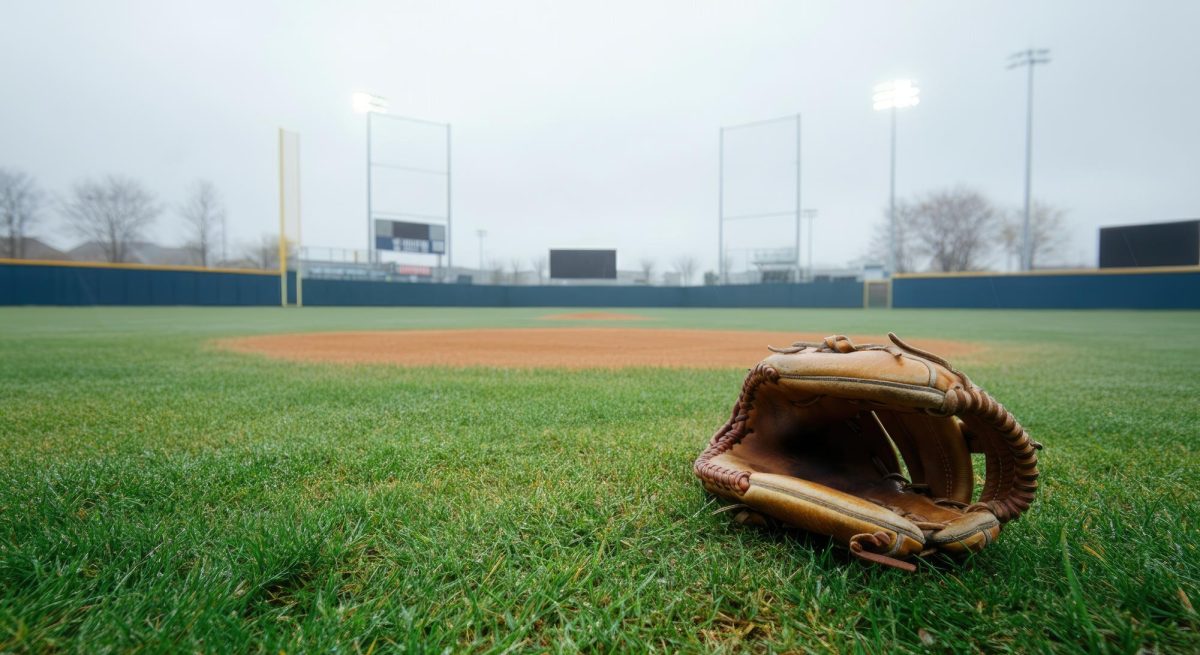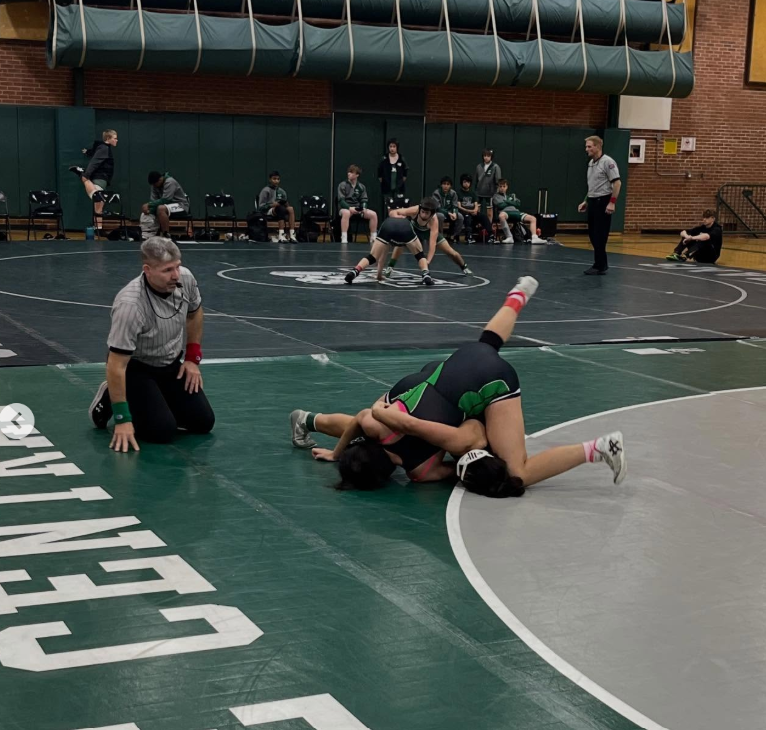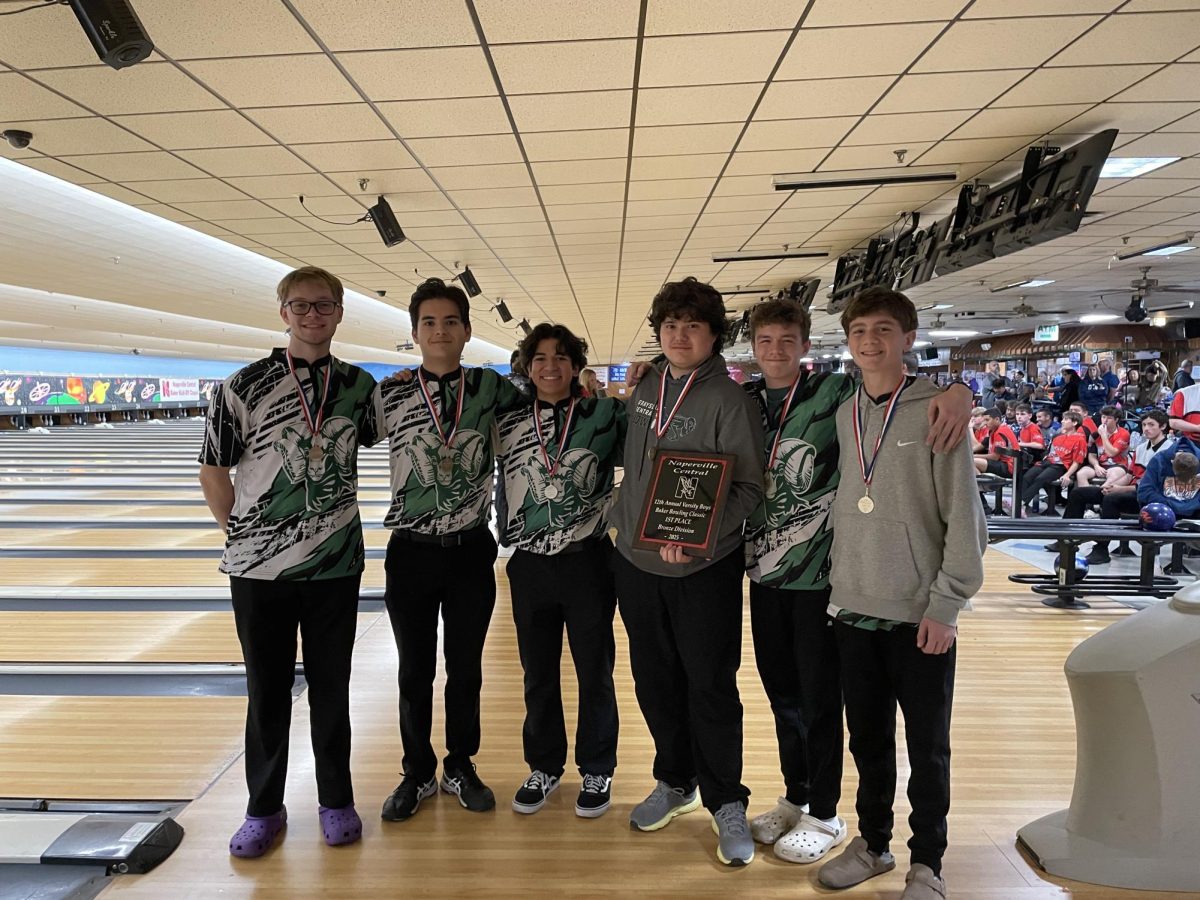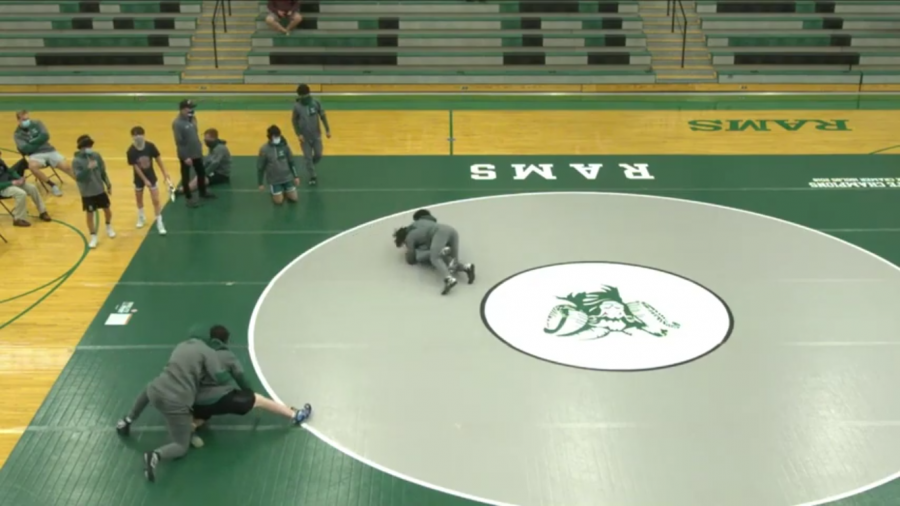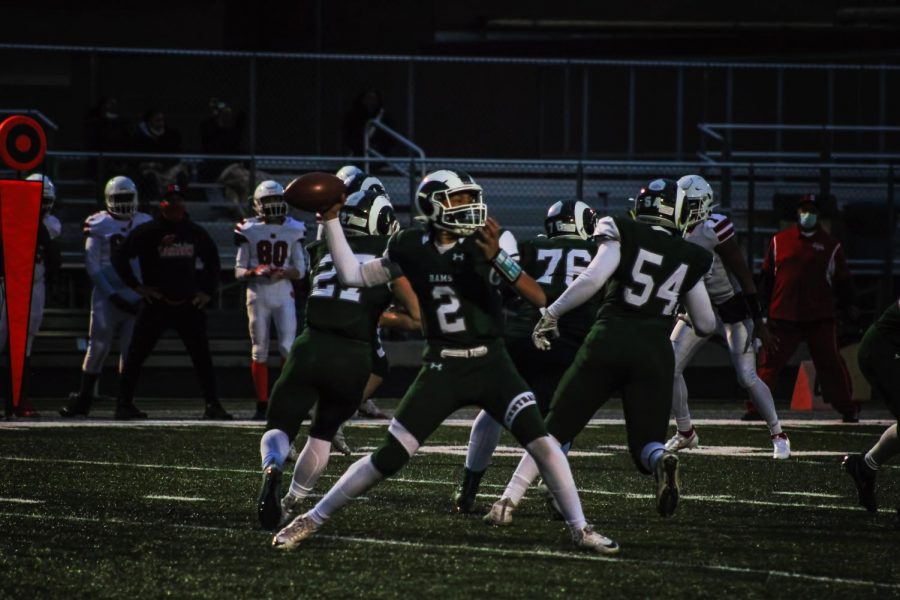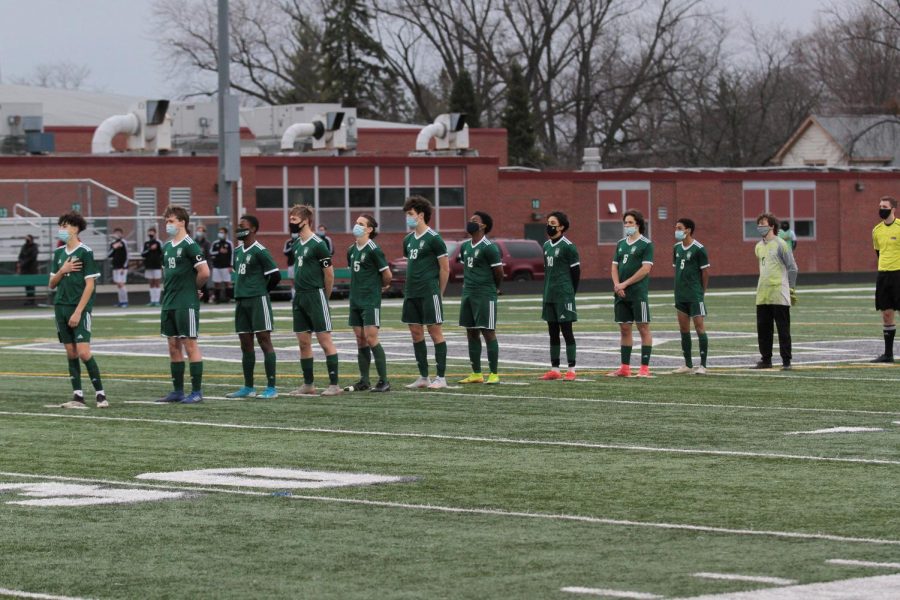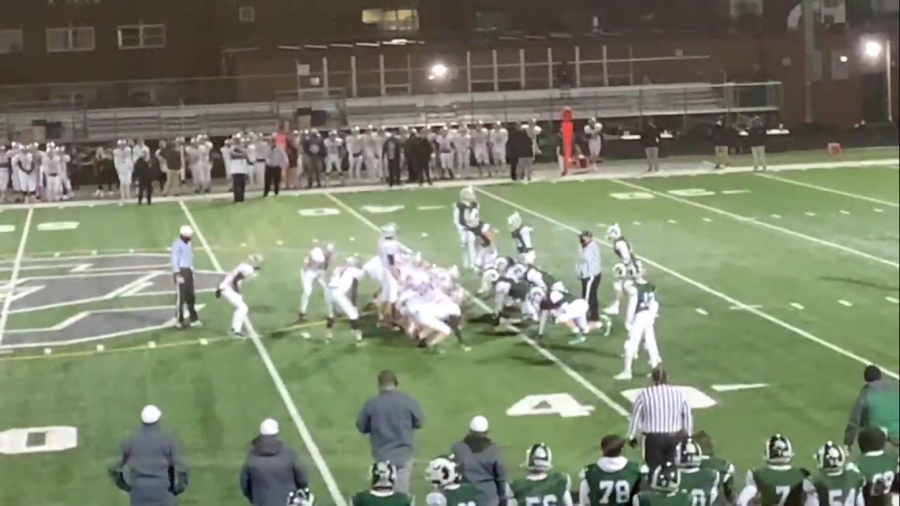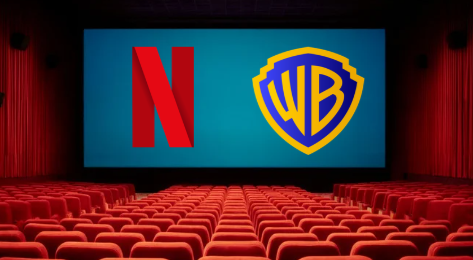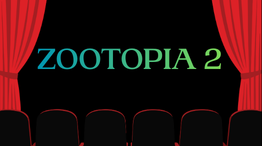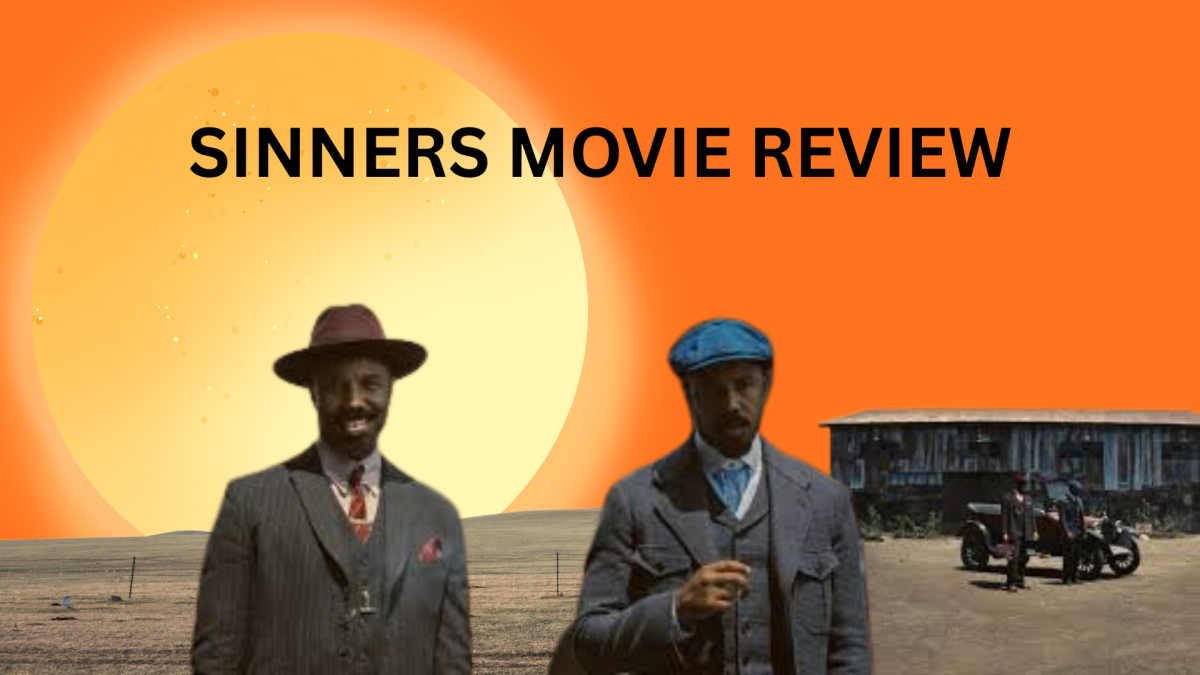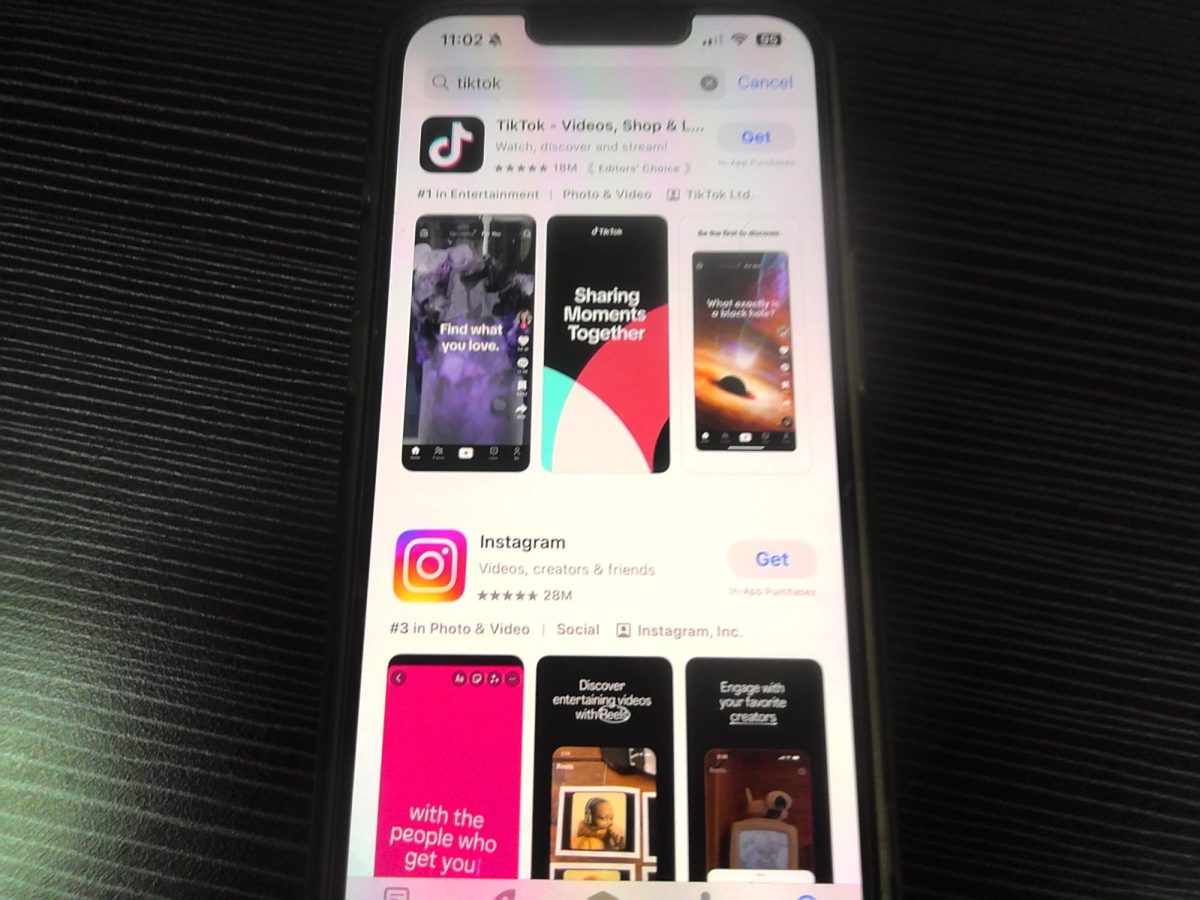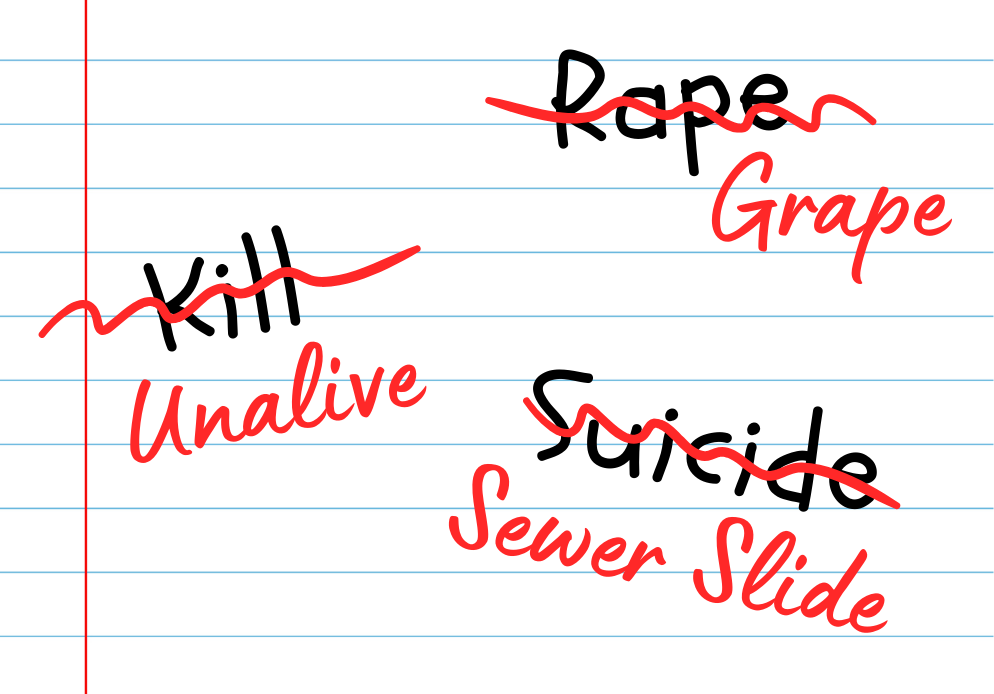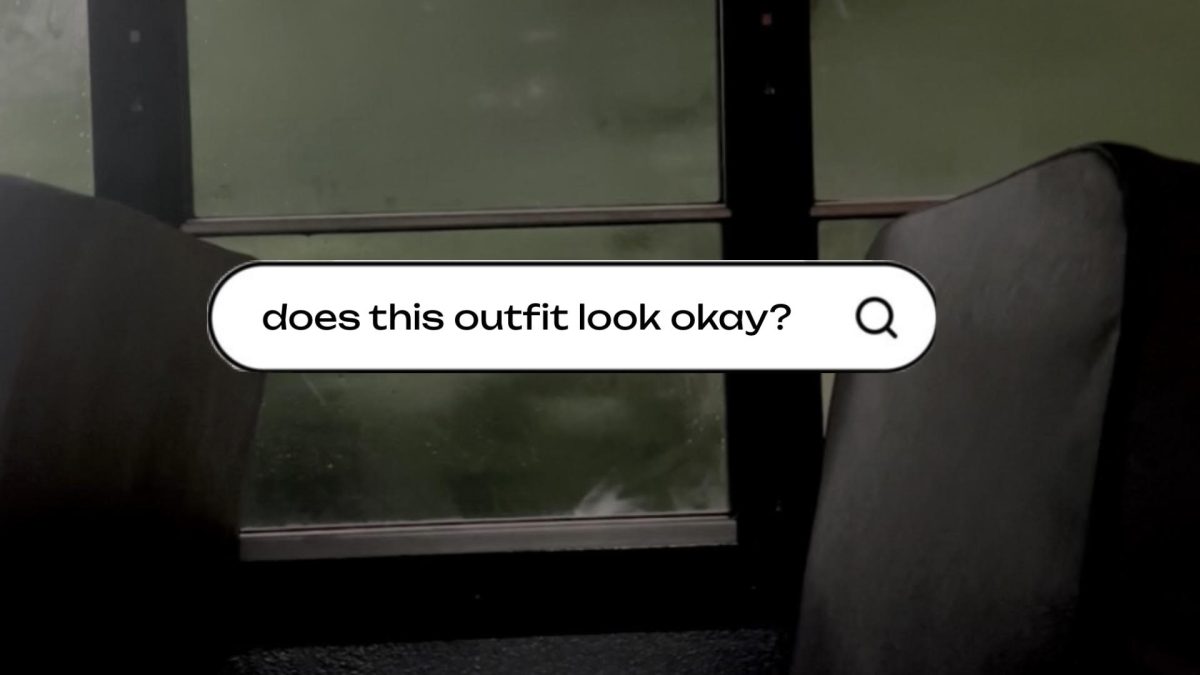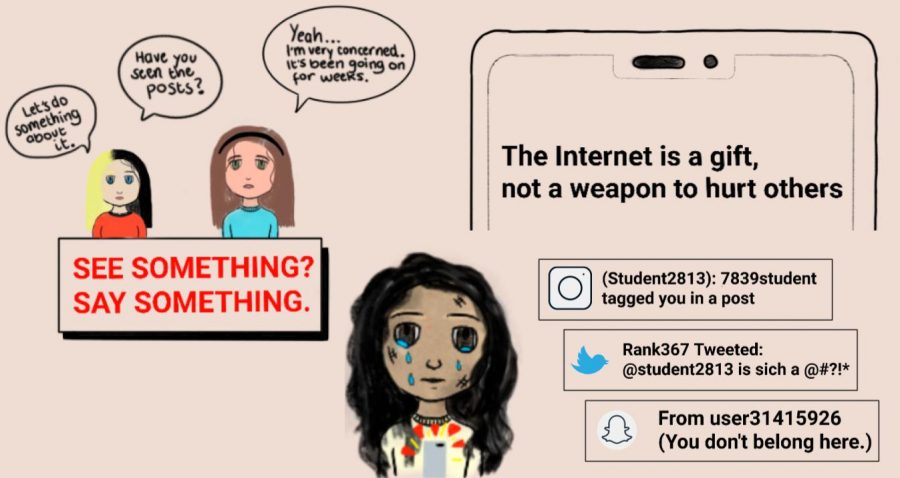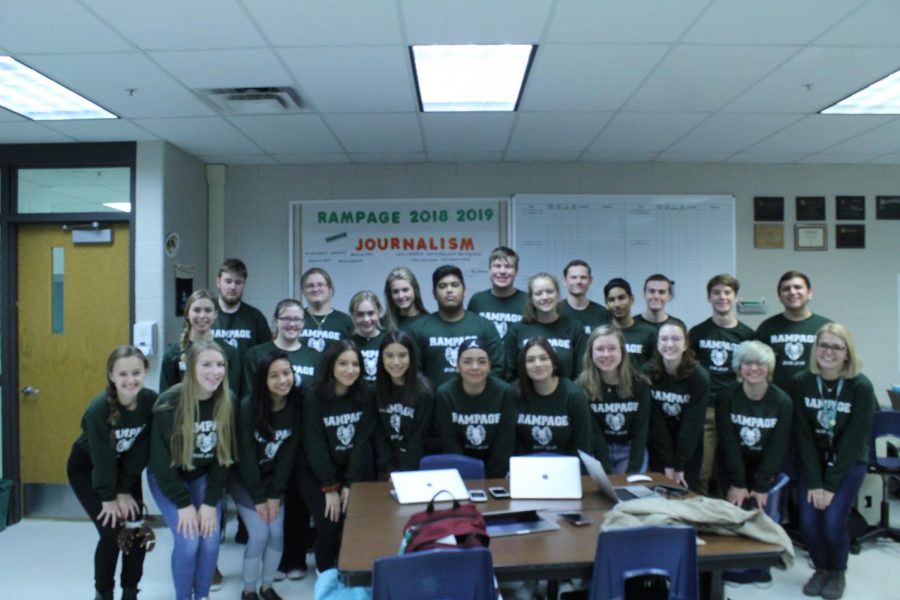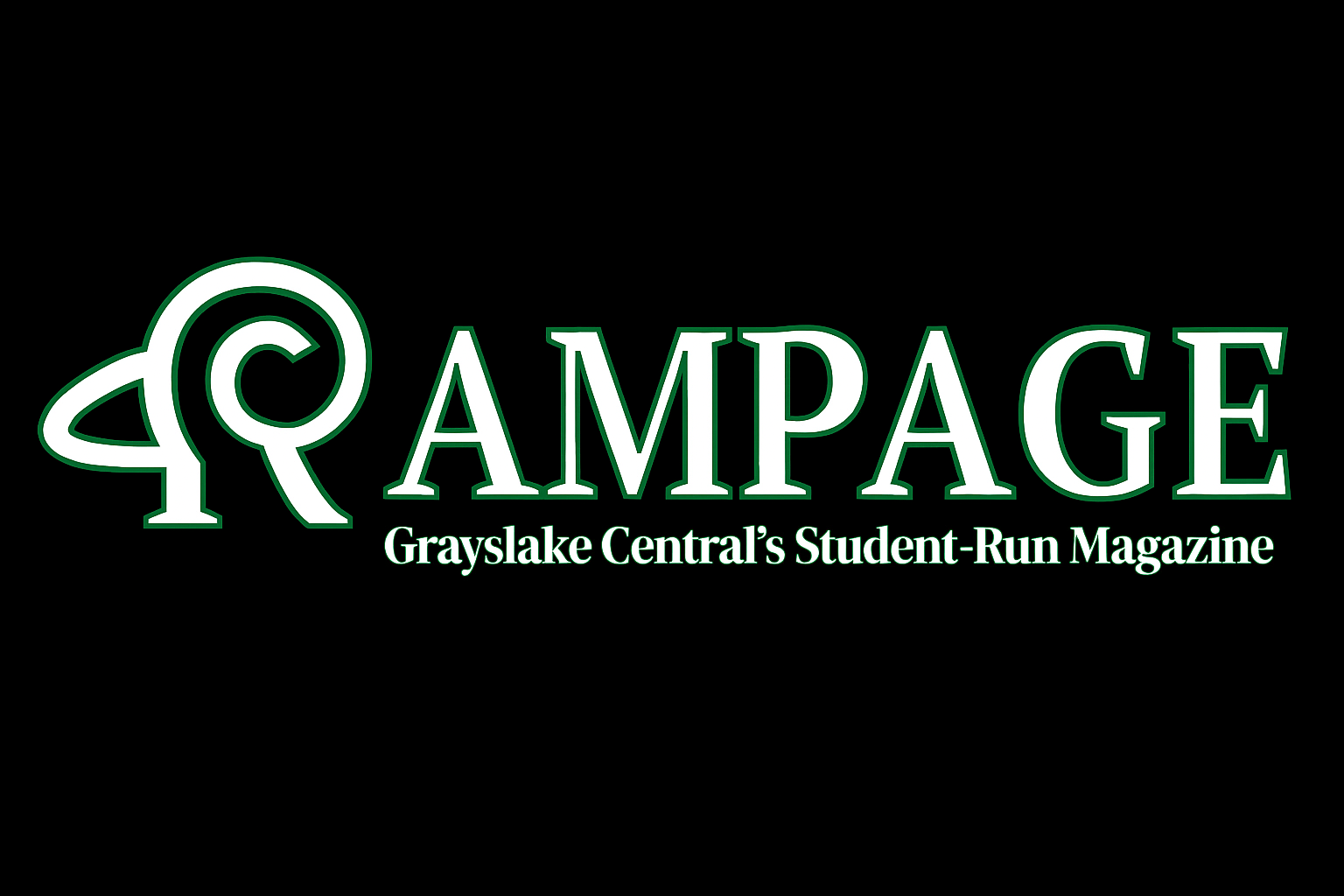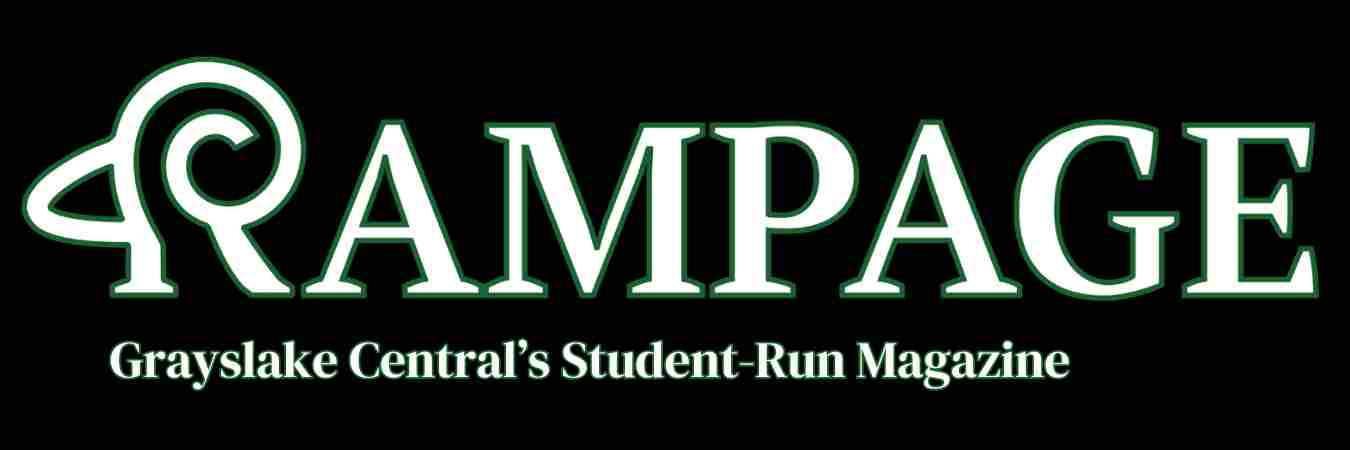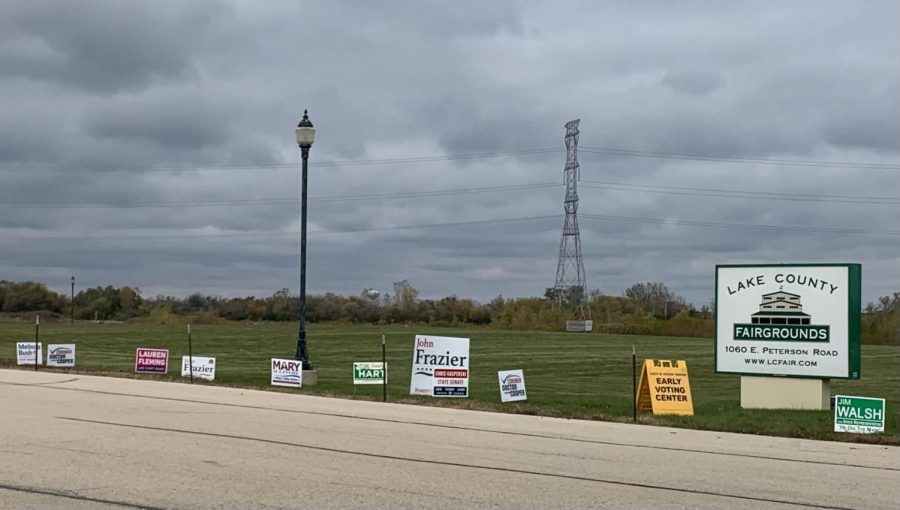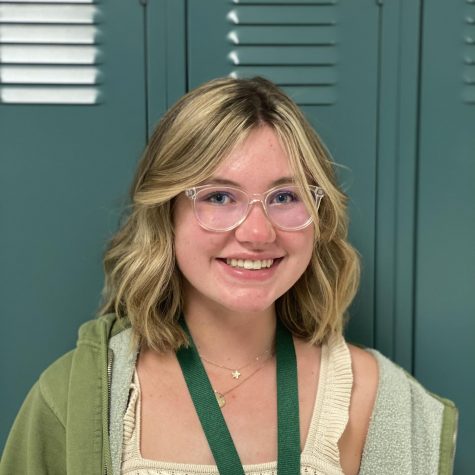Young voters impact 2020 election
Being involved in politics is no easy task, so here’s all you need to know for the 2020 election as a young voter.
October 22, 2020
As the 2020 election nears, learning about local and federal government candidates is essential for young voters to make informed decisions once Nov. 3 arrives.
On the federal level, the Democratic and Republican candidates are Joe Biden and Donald Trump, respectively. President Trump is running for reelection this year with Vice President Mike Pence, and former Vice President Joe Biden is running alongside California Senator, Kamala Harris.
Trump’s main campaign policies center around boosting the economy, limiting illegal immigration, and finding a vaccine for COVID-19, whereas Biden is mainly focused on environmental reform, widespread healthcare, and also finding a vaccine for and preventing the spread of COVID-19.
A large focus from this election is the COVID-19 pandemic. With this factor in mind, either debate’s policies regarding COVID-19 would have immediate effects, especially for students in school. However, the environment and economy are both important to young voters to look at.
Since not all of these candidates’ policies pertain to young voter interest, this can deter some from looking further into a candidate. Yet, according to social studies teacher Danielle Wankmuller, both candidates can directly affect young people if put into office.
“The economy is [important to young voters] because it won’t be too long until you enter the job market, and if we’re still in a pandemic or if the economy hasn’t made a turnaround, it’s going to be kind of difficult [to find a job]. I think the environment’s on the radar too because that’s ultimately the planet you’re going to be living on for years to come,” Wankmuller said.
Another source of information comes from presidential and vice-presidential debates. Watching these debates is a gateway to being involved with general politics and making an informed decision based on the candidate, not the party. After President Trump’s COVID-19 diagnosis, the second presidential debate was delayed from Oct. 15 to Oct. 22. PBS provides comprehensive articles for what students can take away from the first and second presidential debates in more of a classroom setting, but are a great resource for posing discussion questions that prompt deeper analysis of what the candidates are saying.
Some political developments mentioned in debates aren’t determined by voters, but being informed on these events is essential to make an educated vote. A reasonably new factor to put into account is the death of Justice Ruth Bader Ginsburg. Filling this seat for either party could have significant effects.
“It would be very favorable for the Republicans if they got another Republican on the Supreme Court because then the court is much more likely to rule in favor for Republicans, and it would be very ideal for Democrats to get a shot at putting somebody on the Supreme Court, but I think that’s going to be tough for them because they would have to delay [the process] pretty much until January,” Wankmuller explained.
President Trump is already in the proceedings to fill the vacancy with Judge Amy Coney Barrett to the Supreme Court before the election. According to the Associated Press, President Trump and the Senate are “pushing Barrett’s nomination to a quick vote before Election Day, Nov. 3, and ahead of the latest challenge to the Affordable Care Act, which the Supreme Court is to hear a week after the election.” Barrett is advancing to final confirmation after many Senate hearings.
Although local elections aren’t as widely broadcast as developments in the national election, being aware of local candidates on the ballot is something often overlooked by young voters because of the national focus on the presidential candidates.
“Some of the best advice I can give is to really check out your local representatives if somebody is running for mayor or state, county assembly, [etc.]. Because those are some of the decisions that really more directly affect your area,” Wankmuller says.

A localized issue on the ballot to Illinois specifically is a vote on the Graduated Income Tax Amendment, also referred to as the Fair Tax. This might not affect young people specifically, but blindly voting on this act, or any other part of the ballot, doesn’t allow for a fully educated vote. This amendment states that, if approved, the state will adopt a “graduated” tax, meaning people will be taxed based on income level rather than a “flat tax” that is constant for everyone. More information can be found at the Patch, a local news source.
The Lake County Elections website is an informative local resource for seeing who won in the primaries, along with general voting information. In Illinois, a US Senate seat is up for election, and judges are up for re-election in local municipalities.
Although the enormity of voting seems daunting, there are different resources to help young voters make informed decisions on who they align best with. Websites like isidewith.com allow for an easy way to determine a vote based on the candidate, not just the party. Go to “What To Know As the 2020 Presidential Election Rapidly Approaches“ for further information on registration and mail-in voting.

